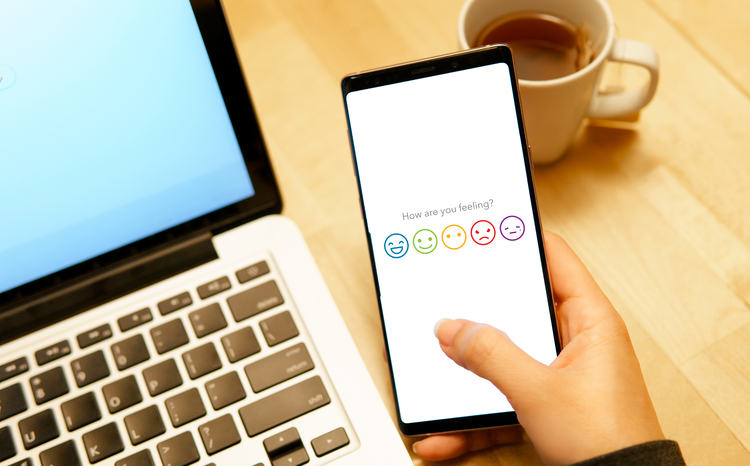GPS tracking for dementia patients
- 2 April 2009
Oxfordshire and Buckinghamshire Mental Health NHS Foundation Trust has announced it is trialling the use of GPS devices to track dementia patients.
The GPS systems are aimed at prolonging the length of time people can spend living in their own homes and also to monitor patients when they are out and about.
The trackers, which will be worn by 20 patients from the Thames Valley and Somerset areas, allow their movements to be monitored on a map via a secure website.
The system can be set-up so that a carer can be alerted by a phone call or text if the patient goes outside a specific area.
The two-year trial is being run by Dr Rupert McShane, a consultant in old age psychiatry at the trust.
He said: “Around 30% of people with dementia get lost at some point and about 25% of them are locked in their houses by worried relatives.
“With the development of GPS technology, we think people with dementia might have more freedom to go out and they might be safer if they do go out, if it’s possible to know where they are if they get lost.”
The commercial developers are now talking to local authorities about supplying them with the technology.
Last year, the former science minister, Malcolm Wicks, was heavily criticised by civil liberties groups for suggesting that patients should be tagged in this way.
The Alzheimer’s Society has given the device its approval saying that it could give more freedom and enable them to walk without the worry of getting lost. However, chief executive Neil Hunt acknowledged that the device might not suit everyone’s needs.
He said: “One size does not fit all; safer walking technology must only be used with a person’s full consent and as part of a comprehensive care package. It must never be a substitute for good quality care or a way to reduce care costs.”
NHS Innovations worked with the trust and the commercial partner to develop the product. It predicts that the device could save up to £8m if it reduced the number of people that were admitted to care homes or hospitals with dementia by 1%.
Link
Related article




